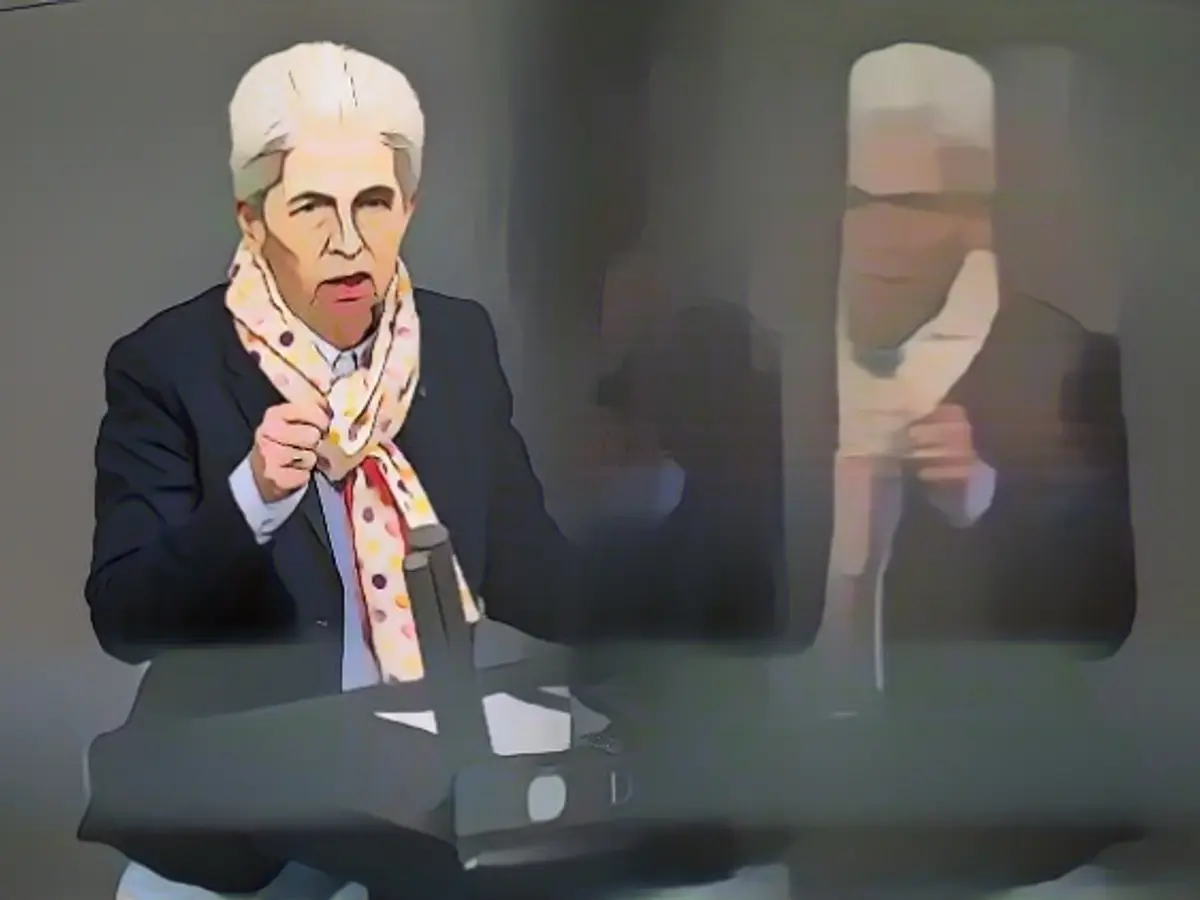Misogyny on social media is a predominant issue, and it's not just the posters who are often males, but the question is where this hatred stems from. Female politicians like Marie-Agnes Strack-Zimmermann and Sawsan Chebli encounter this daily. Insults, threats, and humiliation are their unfortunate reality, especially due to their gender.
In recent research, it was discovered that users often target female politicians via their looks, sexuality, and character. Misogyny in politics often includes threats of sexual violence, degrading or sexualized images. Interestingly, men are the primary offenders, and Strack-Zimmermann suspects that both persistent misogynists and average citizens contribute to the online chatter.
The atmosphere in the German Bundestag is deemed misogynistic by 85% of the participants surveyed. Many feel reduced to their appearance and sexually insulted. The insidious effect is that competence is denied simply due to being a woman. One politician even admitted fear in the corridors at night due to the misogynistic environment.
Targeted humiliation often is a crucial aspect of online harassment. Male politicians' battles often revolve around discrediting their expertise, but in women's cases, it's their appearance, sexuality, and character that are scrutinized. Misogynistic hatred can be highly destructive and plays a role in radicalizing and inciting violence.
Notably, 75% of women surveyed experienced online hate speech or hate comments for themselves. For German politician Marie-Agnes Strack-Zimmermann, this includes death threats. In one instance, she received a message, "I hope someone shoots you soon so that we can get rid of you!!! You ridiculous old frigate!!!"
Despite reporting all threats to the police, Strack-Zimmermann's behavior has altered in public places, such as trains. As a precaution, she always stands by a wall or Coke machine. The violence from online harassment spilled over into Sawsan Chebli's real life, as she was physically attacked in broad daylight.
According to a study by the Hateaid association, digital media can facilitate radicalization and help incite individuals to commit violence. This strategy makes it easy to motivate individuals to carry out violence without taking responsibility for it. Misogyny has long since become a part of everyday life for many female politicians.
Nowadays, this kind of thinking and behavior are not unreachable to the average individual. Ideas similar to online misogyny can be found among dentists, neighbors, and teachers. Chebli has noticed the consequences of the constant hate messages, as more and more female politicians are self-censoring themselves and becoming hesitant to speak on certain topics due to fear of retaliation.
As Chebli points out, she is a fighter and will not remain silent. Misogyny is a significant issue that permeates society, affecting women's participation in public discourse. It's no longer the fringe groups who are responsible for these views - they are prevalent throughout communities.
Sources:





